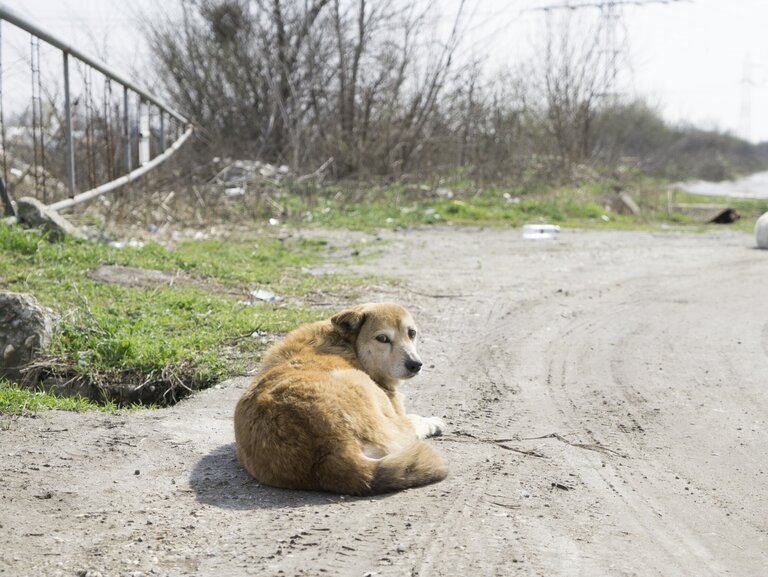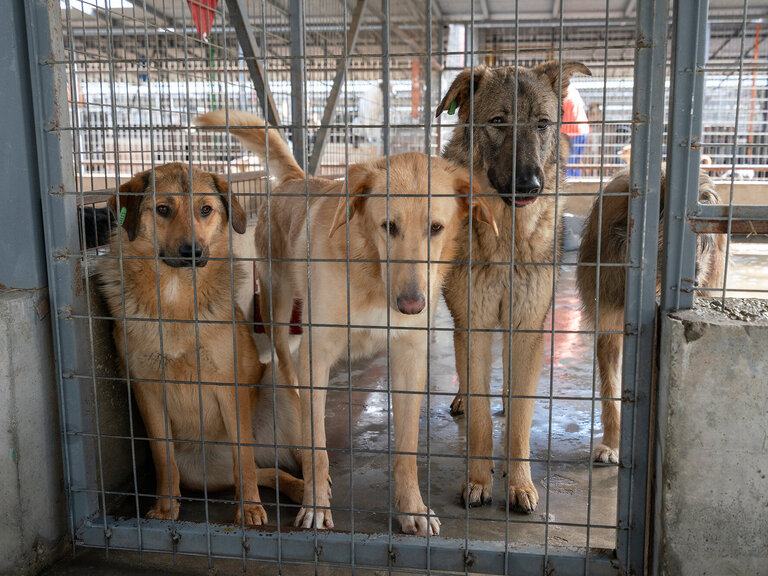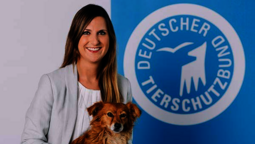The German Animal Welfare Federation and its Brandenburg State Animal Welfare Association welcome the revised Dog Owners' Ordinance, which comes into force in Brandenburg today - July 1. In particular, the abolition of the breed list is a great success in the view of the animal rights activists. However, the associations criticize the fact that important aspects, such as the acquisition of a theoretical certificate of competence before purchasing a dog or an obligation to register in a pet register such as FINDEFIX, are not taken into account in the ordinance.
"The blanket classification of certain breeds as dangerous does not provide any security and also prejudices many friendly dogs. We are delighted that the state of Brandenburg has recognized this and will be dispensing with the breed list in future," says Rico Lange, Chairman of the Brandenburg State Animal Protection Federation. Verena Wirosaf, specialist for pets at the German Animal Welfare Federation, adds: "The dangerousness of a dog is only very rarely genetically determined. Rather, the decisive factor is how the dog was raised and socialized, how it is kept and how it is handled."
For this reason, the dog owner's expertise is of crucial importance. "Completing a theoretical certificate of competence before acquiring the animal would ensure that dog owners have to deal intensively with the needs of the animal and the resulting requirements for keeping it in advance. It would also prevent ill-considered purchases. Both would help to relieve the already overcrowded animal shelters," says Wirosaf. Lange also sees education about the dangers associated with buying puppies online as part of acquiring specialist knowledge. These often come from Eastern Europe, are imported illegally, are frequently ill and poorly socialized. In addition to serious animal welfare problems, the illegal pet trade also means that many new owners are overwhelmed and German animal shelters are constantly burdened by confiscations of illegally traded animals.
However, despite a statement submitted by the German Animal Welfare Federation and its state animal welfare association, the new ordinance did not take into account the obligation to obtain expert knowledge before purchasing a dog. "There is an urgent need for improvement here," says Lange. According to the animal rights activists, the revised Dog Keeping Ordinance must also be amended to make it mandatory to register animals in a pet register such as FINDEFIX. Due to the 24-hour service of the free pet registers, this would ensure that a lost dog that is picked up and ends up in an animal shelter, for example, can be quickly assigned to its owner, in contrast to registering with the public order office alone. "We cannot understand the Brandenburg Ministry of the Interior's argument that compulsory registration violates data protection," comments Lange. In his view, it is easy to obtain written consent for registration from pet owners. "In over 30 years, we have never seen anyone refuse to do this at our animal shelters."








